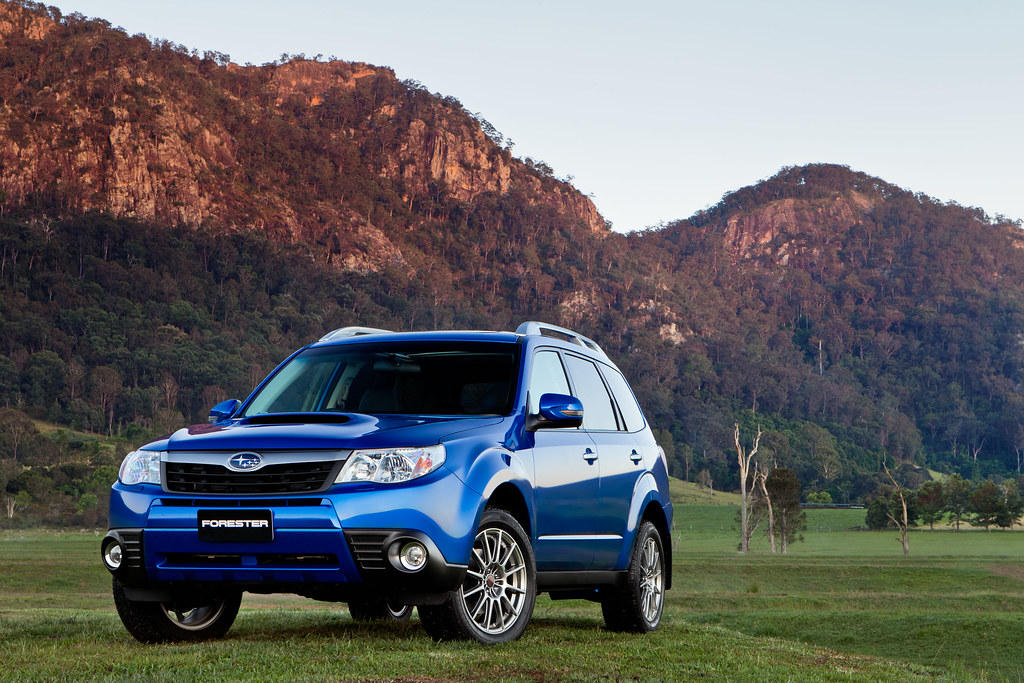When you’re maintaining your Subaru Forester — whether it’s brand new or approaching 100,000 miles — one common question comes up: Does using synthetic oil affect the vehicle’s warranty?

It’s a valid concern, especially since synthetic oil is more expensive than conventional options and often marketed for “high performance” engines. Let’s break it all down so you can make the best decision for your Forester — and your peace of mind.
🔍 Understanding Subaru’s Official Oil Requirements
Subaru’s owner’s manuals — especially for modern Foresters (2011 onward) — specifically recommend synthetic oil, particularly SAE 0W-20 for most models. In fact, many Foresters come from the factory with synthetic oil already in the engine.
Subaru’s stance is clear:
Using synthetic oil is not just acceptable — it’s expected for many models.
That said, the oil must still meet the correct API service grade and viscosity. As long as it does, you’re in the clear — whether the oil brand is Mobil 1, Valvoline, Pennzoil, or store-brand synthetic.
📄 Does Using Synthetic Oil Void the Warranty?

No, synthetic oil will not void your warranty.
In fact, using the wrong oil (like conventional oil when synthetic is required) could potentially compromise your warranty.
Subaru’s powertrain and extended warranties hinge on following factory-recommended maintenance intervals and specs. That means:
- You can’t just skip oil changes even with synthetic.
- You must use oil that meets the API SN or SP standard, and the correct viscosity.
- You must document your oil changes — either via receipts or service records — especially if you DIY.
⛽ Benefits of Synthetic Oil for Your Subaru Forester

Here’s why synthetic oil isn’t just warranty-safe — it’s performance-smart, especially for Subarus:
| Benefit | Why It Matters for Your Forester |
|---|---|
| 🧊 Better cold-start protection | Subaru’s boxer engine layout can be sensitive in winter. |
| 🔥 More stable at high temps | Keeps engine running cooler under load. |
| 🛣 Longer oil change intervals | Less frequent service means less cost over time. |
| 🧽 Cleaner engine internals | Reduces sludge and deposits, especially in turbo models. |
🛢 Recommended Synthetic Oils for Subaru Forester

| Brand | API Rating | Viscosity | Pros | Cons |
|---|---|---|---|---|
| Mobil 1 0W-20 | SP | 0W-20 | Widely available, high protection | Slightly more expensive |
| Castrol EDGE 0W-20 | SP | 0W-20 | Titanium tech for wear resistance | Can be overkill for older engines |
| Valvoline Advanced Full Synthetic 0W-20 | SP | 0W-20 | Excellent detergency & price | Less popular among Subaru purists |
| Subaru OEM Synthetic | SN | 0W-20 | Specifically designed for Subaru engines | Often pricier and dealer-only |
| AmazonBasics Full Synthetic 0W-20 | SN | 0W-20 | Budget-friendly, performs well | Brand trust may vary |
🔁 What About High-Mileage Foresters?
If your Forester has over 100,000 miles, switching to high-mileage synthetic oil can help:
- Reduce leaks from aging gaskets
- Maintain viscosity better
- Offer extra detergents for engine cleanliness
Check out our related guide:
👉 Best Oil for High-Mileage Toyota Camry — many of the same brands work great for the Forester.
🧾 How to Maintain Warranty Compliance
If you’re worried about the fine print, here’s what you need to do:
- Follow the manual’s intervals — typically every 6,000 miles or 6 months for synthetic.
- Use a name-brand oil with API certification and the correct viscosity.
- Keep receipts for oil, filters, and service (whether dealer, shop, or DIY).
- Use genuine or OEM-spec filters if possible.
🧠 Final Thoughts
Using synthetic oil in your Subaru Forester will not void your warranty — it will likely protect it. Subaru expects synthetic, and your engine performs better with it. Just follow the factory-recommended maintenance intervals, keep your receipts, and you’ll be fully covered.
Whether you’re rocking a 2025 Forester Wilderness or a 2015 Forester XT, synthetic oil is a smart choice for longevity, resale value, and driving confidence.
Let’s Talk Cars
Have a question? A suggestion? Just want to say hi?
You’re in the right place.
Use the form below to reach out to the AutoSpecs Daily team. We're happy to hear from readers, car lovers, first-time buyers, and anyone who's got something to share.
What can you contact us about?
- Feedback on one of our articles
- Ideas for new topics you'd like us to cover
- Questions about cars, gear, or general auto advice
- Media, partnership, or brand inquiries
- Anything else that's on your mind
We check every message that comes through and do our best to respond within 2 to 3 business days.
We don’t list an email address here to avoid spam, but the contact form is the best and fastest way to reach us.
Thanks for stopping by. We're glad you're here.

